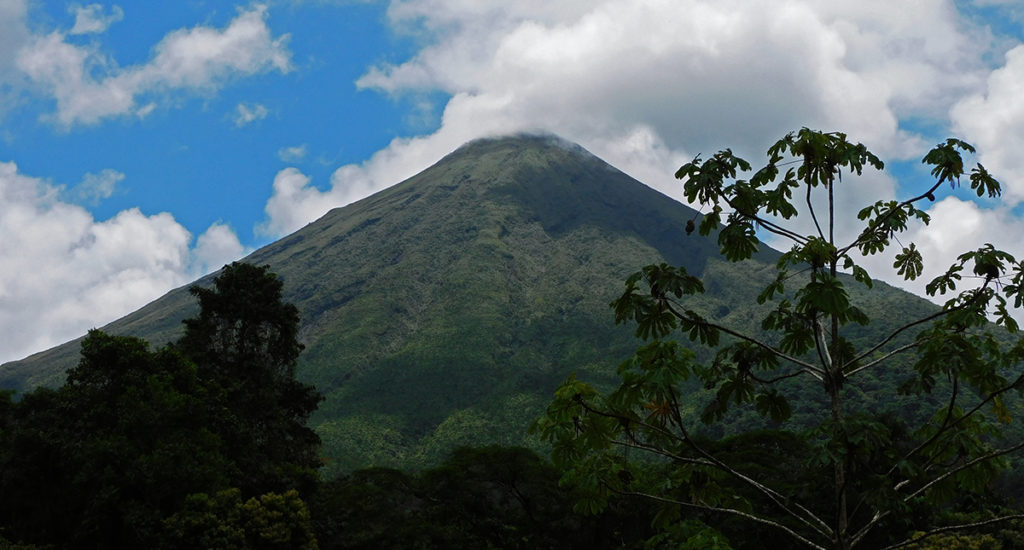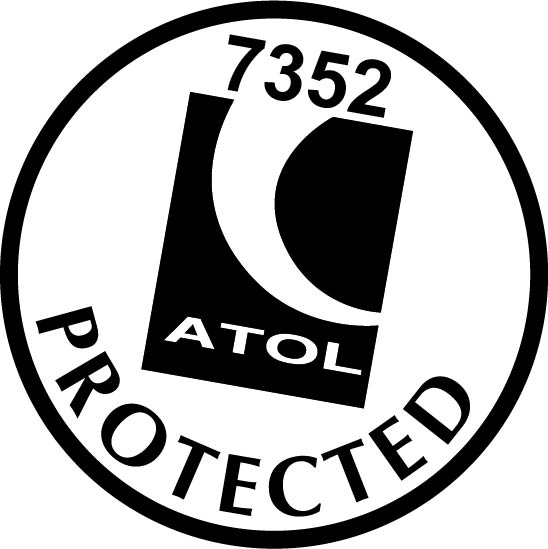Overview
Any discussion of travel to Jordan inevitably, and rightly, centres on Petra. Enigmatic yet well documented, secretive yet world-famous, it is quite simply one of those places you have to visit during your lifetime and it will not disappoint. Combining Petra with the wealth of other remarkable attractions, your trip here will surprise and delight you, providing a deep pool of great memories. The hospitality of the people will stick in your mind, as will the sheer breadth of history encompassed in this small country: you’ll see the location of famous Bible scenes, stunning Roman and Greek cities, remarkable Islamic monuments and the legacy of dashing figures like Lawrence of Arabia. As you travel around, the backdrop to your journey will be the amazing landscape of Jordan, from jagged gorges cut through sandstone hills, to the endless red sands of Wadi Rum, and from the salt-crusted shores of the Dead Sea to the unexpected lush forests of the northern hills. It’s easy to see why Jordan remains such a draw.
Food & Drink
Jordanian cuisine will be very familiar to anyone who has eaten and enjoyed Lebanese food. The humble chickpea hits gastronomic heights in the form of the crunchy falafel or rich, creamy humous. Quick eats such as kofta and kebabs, tabouleh (a fragrant mix of herbs and bulgur wheat) and muttabal (roasted aubergines drenched in garlic) are the mainstays, but more intricate dishes such as mansaf and maqluba are often seen on menus, since besides being very tasty, they are always served with real fanfare! Alcohol is available in Jordan, though the range of options is not huge. Acceptable beer is brewed in the country, and proximity to the respected and mature wineries of Lebanon adds a depth of choice to the growing offerings from Jordan’s fledgling vineyards. Fresh fruit juices are recommended, whilst tea and coffee are drunk in frankly astounding quantities all over the country.
When to Travel
The simple answer to this question is spring and autumn. The summer, from July through September, is remarkably hot, regularly reaching the late thirties Celsius in Petra, whilst the winter, which only really lasts from December to February, is quite cool, with temperatures hovering around the early teens Celsius in Petra. The temperature in Amman is always a few degrees cooler than Petra. Petra is pretty dry all year, whilst Amman can be very wet in December and January. So the ideal months for visiting are March to May and October to November.
Practicalities
Flights
There are two airlines offering direct flights from the UK to Jordan, both departing from Heathrow: Royal Jordanian and British Airways. All flights arrive into and depart from Amman; they leave Heathrow in the afternoon and arrive in Amman in the mid or late evening, and the return flights leave Amman in the morning, arriving back at Heathrow the same afternoon. Both airlines offer Business Class seats, so if you are considering upgrading, please just let us know and we can include this in your proposal. Flights from regional airports are possible, either connecting through Heathrow or flying with a European carrier via the continent.
Visas
UK passport holders can get a visa on arrival in Jordan, which costs JD20 (approximately £23), however currently we are able to arrange for the visa to be included free on our holidays. Citizens of other nationalities should check with the Jordanian Embassy for any visa regulations pertaining to them.
Safety
A quick glance at a map of the Middle East will show that Jordan has a rather unenviable position, surrounded by countries that are regularly in the news for all the wrong reasons. However, Jordan itself is by contrast a stable and safe destination, though the usual advice offered to travellers anywhere in the world should be heeded, so it’s worth being diligent and exercising a common sense approach when travelling through the country.
Health
As we’re not medical experts we feel it is essential you contact your G.P. regarding vaccinations and the like for travel to Jordan. What follows is some suggestions, but they must be verified by a medical professional. In addition to such vaccinations as you’d routinely have for living in the UK, further boosters are recommended for Hepatitis A, Tetanus and Diptheria. We also like these guys but again you must talk to your GP first: The Travel Doctor, an interactive website providing specialist health information for travellers plus customised lists of travel medicines, vaccines for holiday makers, global adventure travellers and expeditions.
Money & Tipping
The Jordanian currency is the Jordanian Dinar (JD) and at the time of writing (September 2016) £1 is worth JD0.93. Credit cards are accepted in the major hotels and in most shops and restaurants throughout Amman; outside of the capital it’s more rare to be able to use a credit card, so you’ll need local currency. There are ATMs in the major cities, and you can change money at the airport, your hotel and in banks in towns and cities. Tipping is wide-spread and expected for a variety of services both real and imaginary. For minor services a tip equivalent to a few pence is fine. For porterage at hotels we’d recommend around £2, for the services of a driver around £10 per day, around £5 for the airport representatives, and for guides around £5 at Jerash, around £10 at Petra and around £5 for the Wadi Rum jeep tour.
Travellers Code of Conduct
– We provide all of our clients with a “Travel Facts” document upon confirmation of your booking. This details useful facts and travel advice for your chosen destination, including restaurant recommendations, reading tips, basic language, cultural traditions, climate information and brief historical overviews. We feel that this offers a useful insight into the country you are visiting, and can help you interact with local residents in a more sensitive, well informed manner. Please try to take the time to read this information before your visit, if at all possible.
– A number of the countries in which we operate holidays are religious societies with a widely observed set of customs. Always respect these norms, particularly when visiting religious buildings.
– To the best of our knowledge, all of the hotels, lodges and camps within our portfolio operate stringent measures to minimise water usage. All of our destinations have issues with water supplies to a certain extent so feel free to raise any possible wastage should you encounter it during your stays, either with the accommodation or with us upon your return.
– Please ask before taking photographs of people, and respect their wishes should an individual not be happy to be photographed. We find that friendly requests and a smile are usually met with assent.
– Strive where possible to make your own contribution to environmental practices within the destination you are travelling. This might include minimising your electricity usage, avoiding smoking in protected areas, avoiding coral while snorkelling and safely disposing of all litter (recycling where possible).
– Where possible, try to purchase from local suppliers. This includes shopping for souvenirs, eating out in restaurants and booking further excursions during your free time. In areas where haggling is an accepted part of daily life, don’t become angry or offended if you are unable to obtain what you perceive as a fair price for an item. We emphasise to local suppliers that our clients should never be taken on unsolicited shopping trips, but if this does happen, try to retain your sense of humour, provide a firm refusal to participate and tell us about this on your return. We pass on all feedback from every trip undertaken with Holiday Architects to the relevant local suppliers, who share our commitment to travelling with sensitivity.
– Please don’t remove any indigenous items from their natural habitat and attempt to bring them back as a souvenir. This particularly applies to coral, shells, plants and food in the natural world, and to cultural artefacts and antiques.
– If you are unsure about anything relating to the above, please feel free to ask our local suppliers or your Holiday Architects specialist. All of these people either live or have travelled extensively in the country you are visiting and will be more than happy to offer their considered advice.









